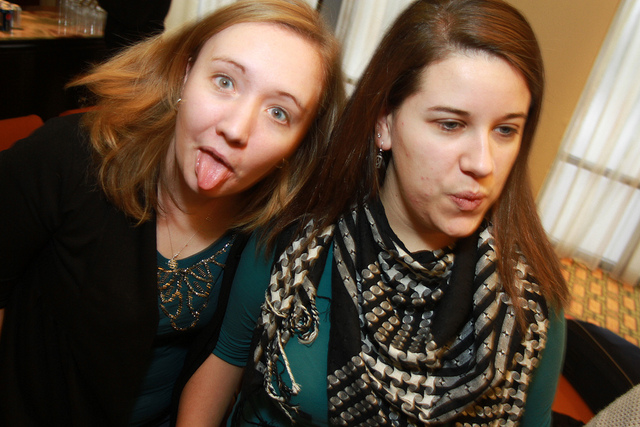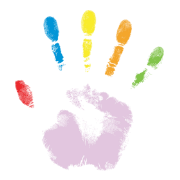Adolescence: New Guidelines for UK Psychologists
It has been reported recently that UK Psychologists are being given new guidelines relating to Adolescence. It contradicts our existing idea that the transition to adulthood occurs at the age of 18 and that now, this should be considered to be age 25. We could have plenty of discussion about this point and it would be interesting to hear how some younger people feel about this. I certainly recall my own earlier years as feeling like a dash to “grow up,” to become an adult with all the relative fringe benefits that might bring, being able to do all those grown-up activities lawfully! It is quite interesting to consider all the arbitrary boundaries we cross as we get older like when you can vote, drive, have a taboo, or whatever. It emphasises what we might call a, “tick-box” approach to reaching maturity but we know that humanity is never about one-size-fits-all explanations and certainly, growth, development, maturity and age are more complex than a simple process of achieving a number of years.
What Does Adolescence Mean to us at Brighton Therapy Service?

photo credit: tray
We regard every person we help as an individual. It is important for us to know whether a person is a child, young person, young adult or adult but we don’t treat everyone the same. Knowing how old a person is helps in our early thinking to find out about where they might be in terms of relationships, education or employment, and that kind of thing but it does not tell us what their strengths are or their values, attitude or goals in life might be. There’s no doubt that our approach to discussion and therapy will be different towards an adult and say, a thirteen year old but we also know that two thirteen year old children might have completely different needs. This is one of the things that makes psychotherapy so exciting, meeting new people all the time and working with them is really interesting. We are pleased that these new guidelines about adolescence have been given some publicity because it helps us all think about what support we need to give to young people. It might also help to see that becoming older is not a race!
Adolescence: 25 is the New 18!
So where do these ideas come from? For one thing, social trends may be a contributing factor. More young people are living with there parents probably, because of the expense of both renting or buying a home. Much cheaper to stay with Mum and Dad! There may be other reasons such as flexibility or mobility, declining employment or increasing college enrolement but one site, Pew Research, reckons that a Record 21.6 million young adults (18 to 31) lived in their parent’s home in 2012. Frank Ferudi however, a sociology professor at UKC does not think that economics is the cause. He says, “There is a loss of the aspiration for independence and striking out on your own. When I went to university it would have been a social death to have been seen with your parents, whereas now it’s the norm.” He thinks that we are over-protective of our children which infantilises them.
Neuroscience not Rocket Science
Laverne Antrobus of London’s Tavistock Clinic told the BBC that, “Neuroscience has made these massive advances where we now don’t think that things just stop at a certain age, that actually there’s evidence of brain development well into early twenties and that the time at which things stop is much later than we first thought.” So it seems there is no automatic biological box to tick when we can be absolutely sure we have left adolescence behind. The brain keeps developing after that magic age of 18 so as therapists, we need to be mindful of the fact that young people are still growing into adults way past their 18th and even 21st Birthdays. As parents, and a society we also need to be aware that young adults still have some “growing up” to do and as young adults, that there is a bit more time to enjoy youth, to develop and learn new things and find your way in life.
So what do you think? Does this new guidance change the way you view yourself or others? Does it make any difference at all. You are welcome to share your ideas using the comments below.
Get in Touch
This was written by Michele and you can contact her here.




Comments